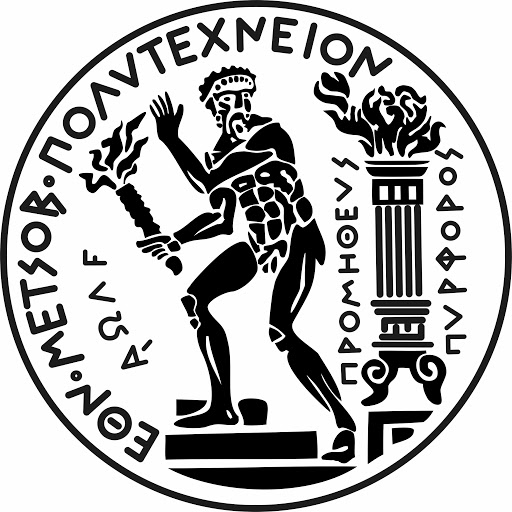
Students activity performed during Spring 2022
CitizenHeritage promotes participative approaches to support citizen science and citizen participation in cultural heritage, with a focus on involving university students with cultural heritage projects. This work goes in the direction of growing in higher education institutions teaching and learning programmes of new and digital skills for the cultural professionals of tomorrow.
In this context, partner NTUA the National Technical University of Athens conducted a citizen science case study that employed crowdsourcing techniques as part of a homework assignment involving higher education students of computer science.
Students were engaged in an online campaign in the form of a challenge workshop, with the aim to enrich the metadata associated with a selection of music tracks retrieved from the Europeana digital library. Making use of a platform that supports crowdsourcing in the cultural heritage domain, students were asked to listen to music tracks and annotate them along three main categories, including emotion, genre, and instruments.
Sourcing user requirements and recommendations
The results of the campaign were further analyzed and exploited by students through the use of semantic web technologies, in order to construct a knowledge graph and an ontology, extract additional knowledge, and make music recommendations. In total, 98 students participated in the campaign, contributing over 8300 tags concerning 854 tracks.
The process also led to the creation of an openly available annotated dataset, which can be useful for music tagging models. The outcomes of the campaign and the feedback collected via an online questionnaire allowed us to draw useful insights about the challenges and benefits of incorporating crowdsourcing techniques in computer science curricula and the educational gains for students.
